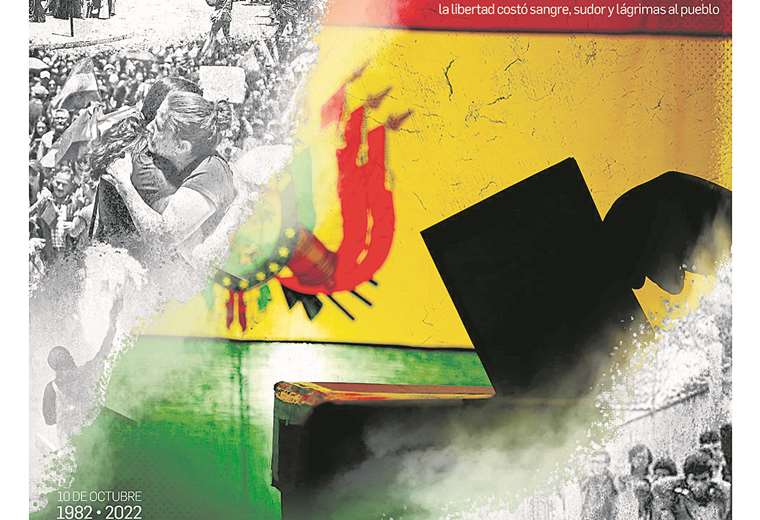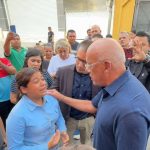October 9, 2022, 4:00 AM
October 9, 2022, 4:00 AM
This Monday marks the 40th anniversary of the recovery of democracy and EL DEBER will publish a special edition in which the milestones that marked this historic event will be shown, but also the challenges it faces in the current one and the state in which it finds itself the institutionality of the country.
The special edition will also reflect the threats that democracy has faced throughout these four decades, without neglecting the current risks that the country’s institutions face.
Since October 10, 1982, when Hernán Siles Suazo was sworn in as President as a result of the popular will of the 1980 elections, Parliament was never closed again and many of the political tensions were resolved through that state institution.
For the journalist and historian Lupe Cajías and the former minister Guido ‘Chelelo’ Áñez, in the last 16 years the exercise of democracy has been threatened by the lack of respect for the Constitution, fundamental freedoms and constant political persecution.
Siles Suazo and Jaime Paz Zamora assumed command of the country after 18 years of military regimes. According to Cajías, the inauguration of the democratic stage was “Bolivian”, after successive elections annulled for being fraudulent, in addition to military coups.
For her part, Áñez divides these 40 years into two stages. He considers that in the first one he prioritized full freedom and laid the foundations for a ‘libertarian education’, without political prisoners or exiles. This scenario changed with the MAS.
There is debate. In this Monday’s edition, the Minister of JusticeIván Lima, defends the official position that indicates that in 2019 there was an institutional rupture.
The democracy special will circulate with EL DEBER.
















